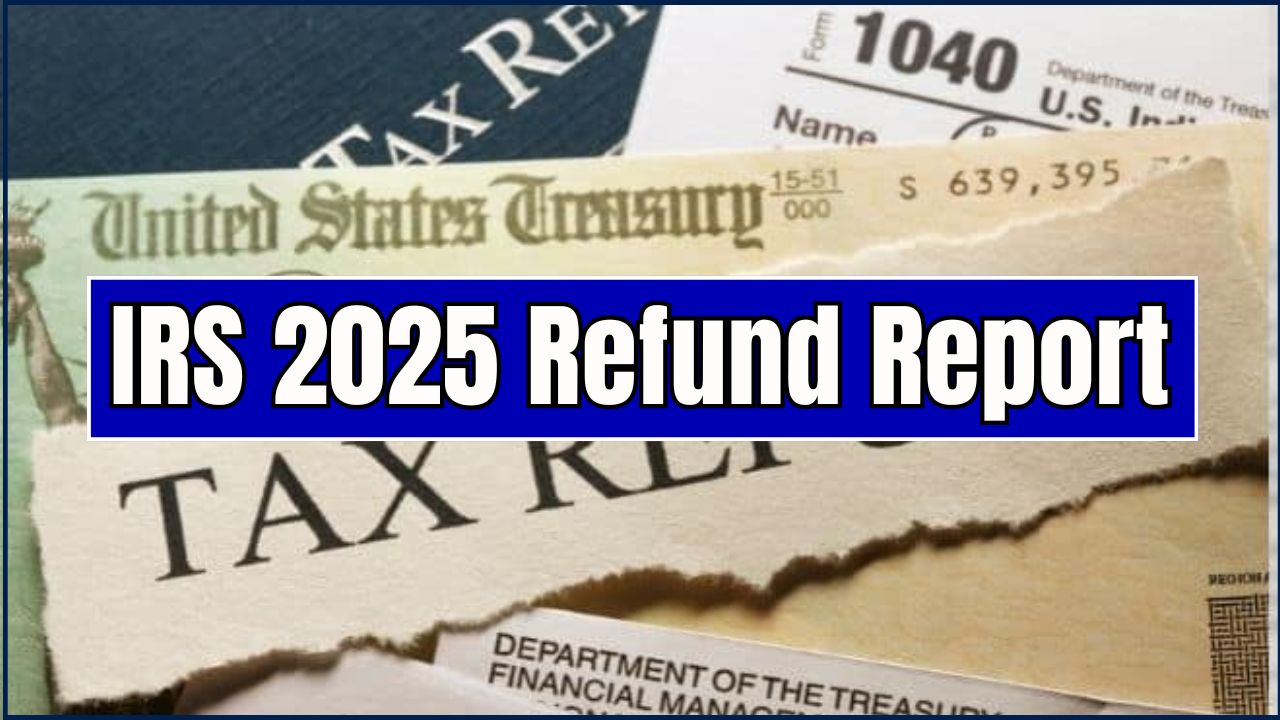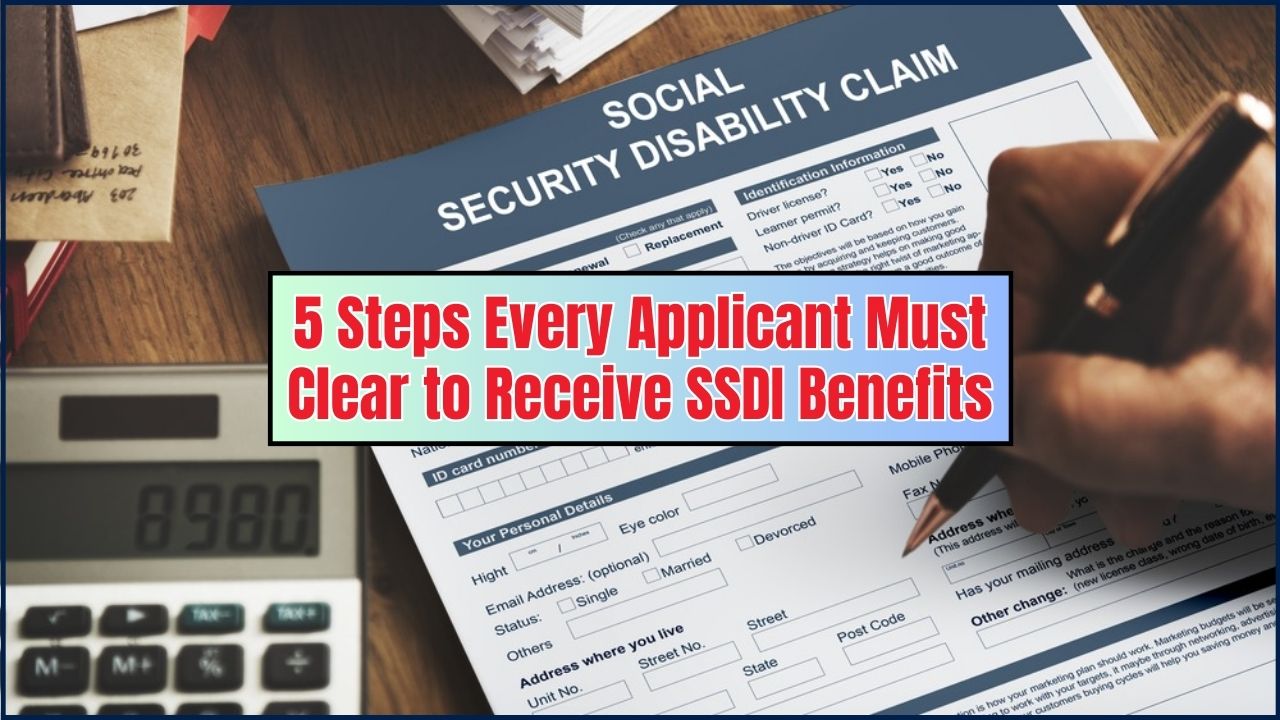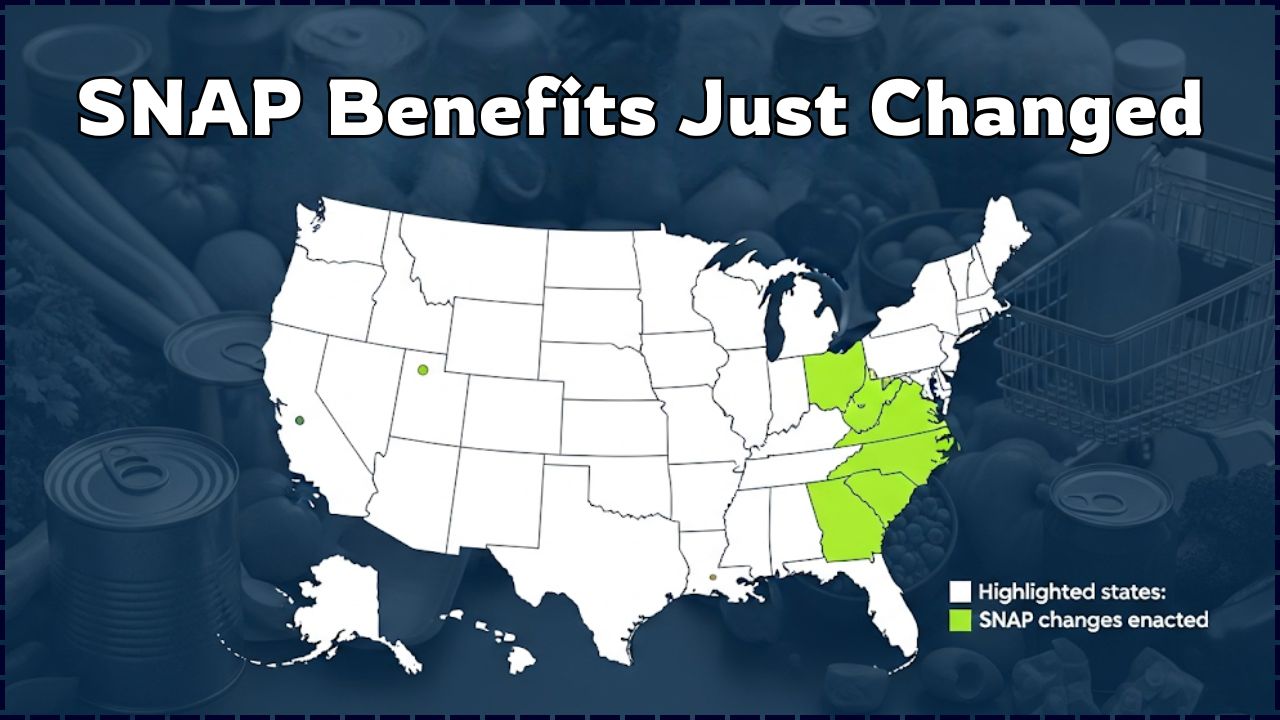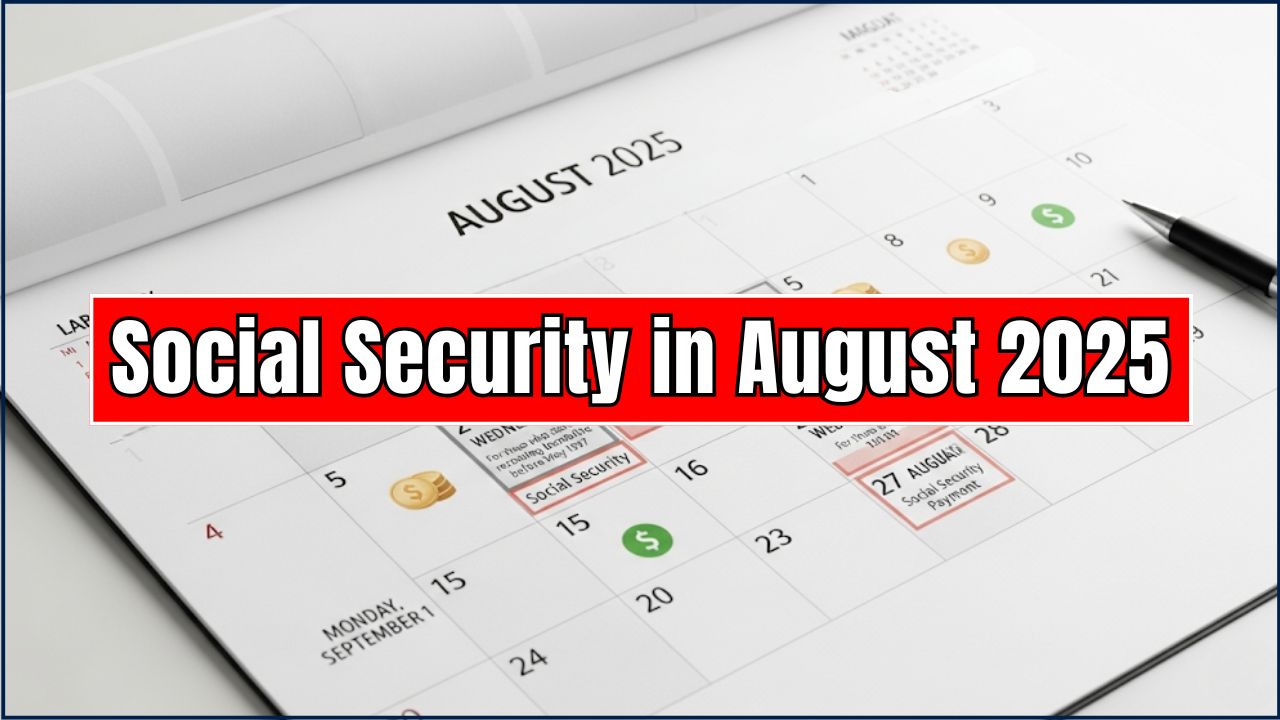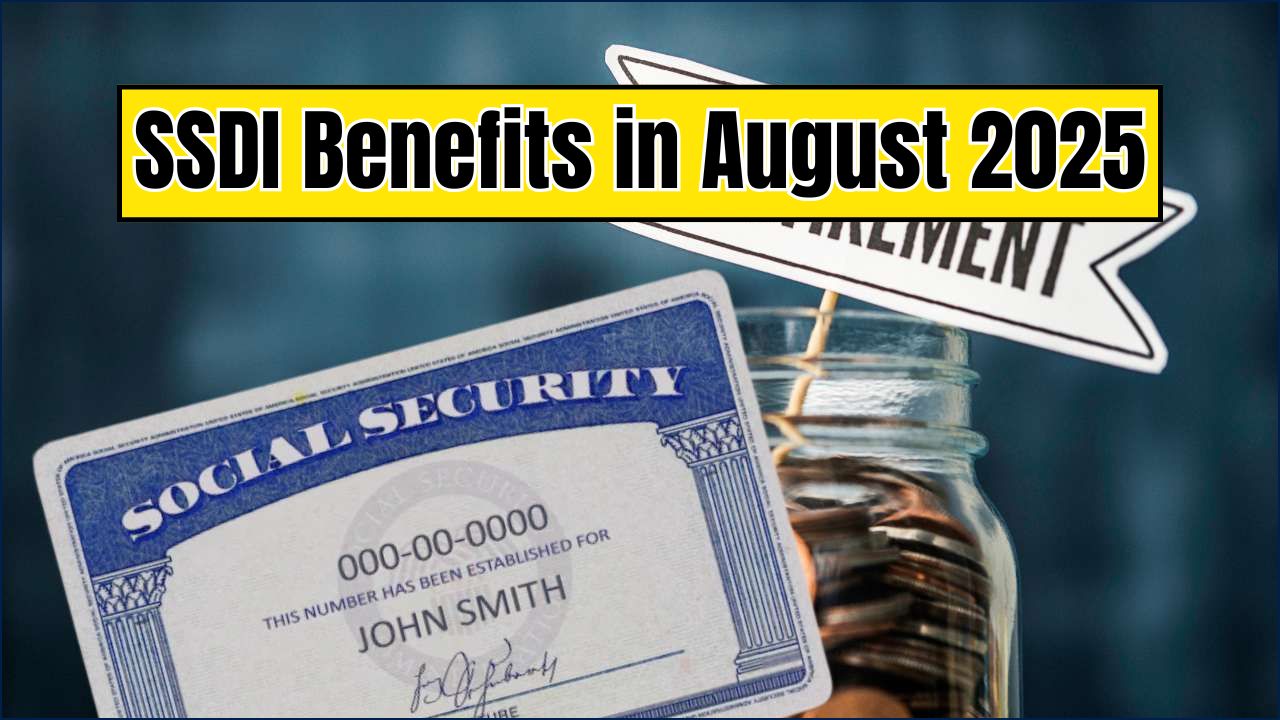When you hear “Walmart”, you probably think of the superstore where you can grab fishing gear, diapers, and a pack of beef jerky in one trip. But right now, Walmart is trending for something that has nothing to do with everyday low prices — a major class action lawsuit accusing it of racial discrimination in its hiring process.
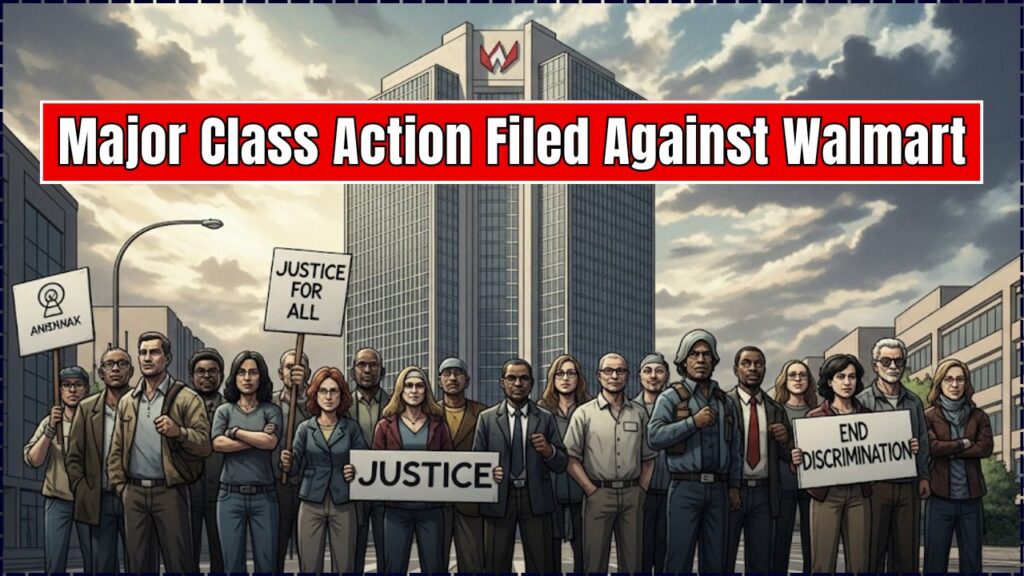
This case isn’t just another headline. It’s a story about fairness, second chances, and whether America’s biggest retailer plays by the rules when it comes to hiring. And depending on how it ends, it could reshape how companies nationwide use criminal background checks in hiring decisions.
Major Class Action Filed Against Walmart
| Aspect | Details |
|---|---|
| Case Name | Balentine et al. v. Walmart, Inc. |
| Filed | June 26, 2025, in Illinois |
| Plaintiffs | Former Schneider Logistics employees (all Black men) |
| Allegations | Discriminatory use of criminal background checks |
| Legal Basis | Title VII of the Civil Rights Act of 1964 |
| Number Affected | ~50 workers |
| Potential Impact | Could influence national hiring and background check policies |
| Official Source | U.S. Equal Employment Opportunity Commission |
The Balentine v. Walmart case is more than a lawsuit — it’s a test of whether the U.S. job market truly believes in second chances. The outcome could ripple through corporate HR departments, state hiring laws, and the lives of millions.
One thing is certain: people deserve to be judged by who they are today, not just by what’s in a decades-old court file.
The Story: What Went Down in Elwood, Illinois
This lawsuit centers on a Walmart distribution center in Elwood, Illinois, previously managed by Schneider Logistics. Many employees — including the plaintiffs — worked there for years without issue, even with old criminal convictions on their records.
But in 2023, when Walmart decided to take over operations directly, all employees had to reapply for their jobs. Suddenly:
- Long-term workers, all Black men with prior convictions, were denied rehire.
- Some had job offers rescinded after criminal background checks flagged their records.
These men argue that Walmart’s blanket approach to criminal records unfairly targeted them and violated their rights under Title VII of the Civil Rights Act, which prohibits policies that disproportionately harm a protected group.
What’s at Stake for Everyone
This case isn’t just about 50 workers in Illinois. It’s about millions of Americans who have a criminal record — roughly 1 in 3 adults — and face barriers to employment because of it.
And here’s the kicker: According to the NAACP, African Americans are incarcerated at more than five times the rate of whites, making blanket background check bans disproportionately damaging to Black communities.
From the Workers’ Viewpoint — Real Stories
Mark Balentine, the lead plaintiff, had worked at the warehouse for years without a single disciplinary write-up. “They told me to ‘roll the dice and try again,’” he said. “But this isn’t a game. This is my livelihood.”
Another plaintiff, who asked not to be named, explained:
“I made mistakes when I was young. I’ve been clean for over a decade. I showed up every day, worked hard, and now I’m being told I’m not good enough? That hurts.”
From a Native American Perspective — The Bigger Picture
In many Indigenous communities, we live by the idea of restorative justice — you help people rebuild rather than tear them down for old mistakes. These men had already proven themselves. Suddenly telling them they’re unfit is like moving the goalposts after the touchdown.
How Class Actions Work (Without the Legal Jargon)
Think of a class action like a group ride to court. Instead of each person suing individually, they team up:
- Strength in numbers — louder voice.
- Efficiency — one trial, one verdict.
- Shared results — any win (or loss) is shared by all members.
Walmart’s Side of the Story
Walmart denies any wrongdoing, stating they evaluate each case individually and follow the law. A spokesperson said:
“We do not tolerate discrimination and are confident our hiring process is fair.”
But the plaintiffs’ lawyers say the numbers don’t lie — the background checks disproportionately knocked out Black workers who had already been doing the job successfully.
Why Background Checks Are Controversial
Pros for employers:
- Protects company property and customer safety.
- Can reduce liability in negligent hiring claims.
Cons for society:
- Disproportionately impacts minorities.
- May ignore rehabilitation and current behavior.
- Shrinks the talent pool in industries already struggling to find workers.
Comparison with Other Companies
Some big names are already moving toward fair-chance hiring:
- Target removed the criminal history checkbox from applications in 2013.
- Koch Industries adopted “Ban the Box” policies company-wide.
- Home Depot conducts individualized assessments instead of automatic rejections.
Mini Case Study: Fair-Chance Hiring in Action
Greyston Bakery in New York operates under an open hiring model — no background checks, no interviews. Applicants put their name on a list and get a job when one opens. Their turnover rates are low, and community impact is high.
This shows that giving people a second chance can be both ethical and profitable.
Know Your Rights: Step-by-Step
If you think you’ve been rejected due to an unfair background check:
- Ask why — request a copy of the report.
- Check for errors — background checks are often wrong.
- File a complaint with the EEOC within 180 days.
- Get legal advice — look for lawyers who work on contingency.
- Look for Ban the Box employers — Fair Chance Pledge signers are a good start.
Possible Outcomes of This Case
- Settlement — Walmart could pay damages and agree to policy changes.
- Court Victory for Plaintiffs — could set a legal precedent nationwide.
- Dismissal — if Walmart successfully defends its process.
Either way, this case will add to the growing legal conversation about race, criminal history, and employment.
Impact on the Economy
Locking out millions of Americans from work doesn’t just hurt families — it costs the U.S. economy an estimated $78 to $87 billion in lost GDP annually.
Frequently Asked Questions
Q: Can an employer ask about my criminal history?
A: Yes, but they must follow the Fair Credit Reporting Act and EEOC guidelines.
Q: Does having a record mean I can’t work at Walmart?
A: Not necessarily — it depends on the type of offense, when it occurred, and the role.
Q: How do I know if a company is “Ban the Box”?
A: Check state and city laws or see if they’ve signed the Fair Chance Pledge.

